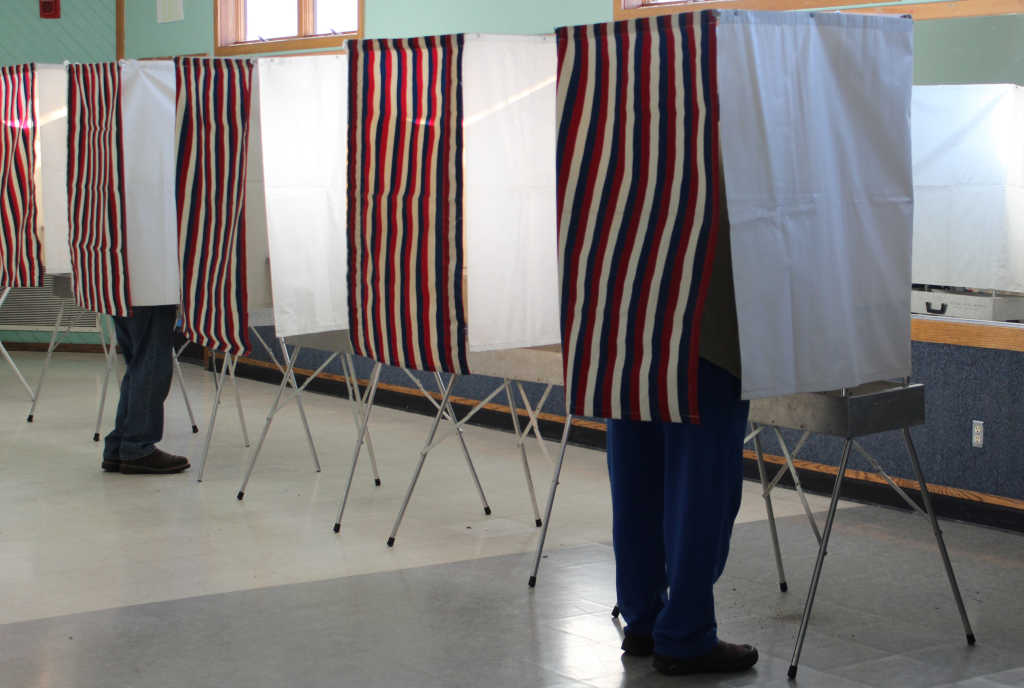
Strategic voting has always been a difficult pill to swallow for many voters in all election cycles. The notion that it is necessary to vote for an unappetizing candidate to stave off the possibility of one with even less appeal tends to upset more than a few stomachs. Yet the American system of electing officials mandates this strategy be used.
To put things into perspective, a steadfastly conservative Georgia voter in this upcoming presidential election might absolutely abhor Hillary Clinton but at the same time be opposed to the prospect of a Trump presidency. Therefore, they might choose to vote for Gary Johnson, the libertarian candidate. Johnson is that voter’s number one selection, while Trump is their number two choice. However, by voting for the third party candidate (Johnson in this circumstance), they are removing a potential vote from Trump. And since there is no mechanism to allocate the votes of those who pick Johnson to their next choice once he inevitably fails to receive a plurality in the state, Hillary Clinton with be the ultimate benefactor of a refusal on the part of a conservative to engage in strategic voting.
One might question, “Why is it that Johnson will inevitably lose?” While idealistic voters might believe that they can “change the system,” the electoral college’s system of “winner take all” dictates that no candidate with a minority of votes in any state, however sizable, will be rewarded in any way. Within each state, the candidate who earns the plurality of votes (also called a “first past the post” system), not the majority, is awarded all the electors of that state. This same system is applied to seats in Congress, leading to great difficulty in having representation for non-established parties.
This principle is articulated best by Duverger’s Law, which states that plurality-rule elections tend to favor two-party systems. To see how this law comes into effect, imagine a new democracy is established in a country called Gargantua. There are six candidates running in the first election cycle. The results of the election come in, and candidate three edges out candidate four, with 27 percent of the vote to 22 percent. Candidates one and two lose by a slightly greater margin, with 19 and 18 percent, respectively And candidates five and six lose outright, respectively receiving only eight and six percent.
Despite 73 percent of the voters picking a candidate other than number three, (s)he still wins the election. This illustrates the first problem with plurality-rule. The following election goes much the same way, with all the candidates from the previous race all running a second time. This time, however, voters who supported candidate five or six can see that their choice is impractical, and, not wanting another term of candidate three, give their votes to the party with the most directly opposed platform, which happens to be that of candidate four, resulting in him or her taking the election. Now, due to poor returns on their expensive campaigns this time around, candidates five and six are forced to drop out for the foreseeable future. The same process continues again in elections down the line, eventually resulting in only two competing parties.
Sadly, this is the reality of today’s political landscape. Until voting laws are rewritten to do away with plurality rule, choosing a candidate who hails from neither the Democratic nor Republican party is a fruitless endeavor.
